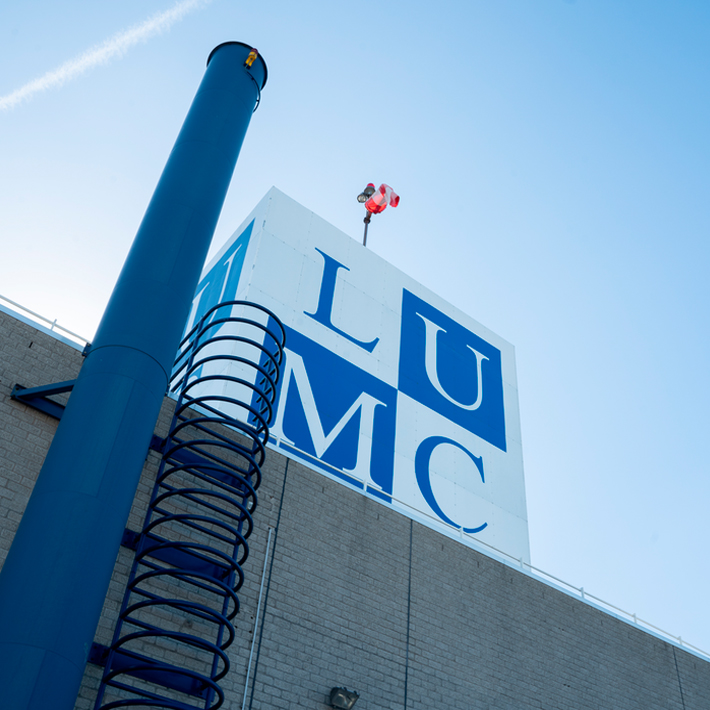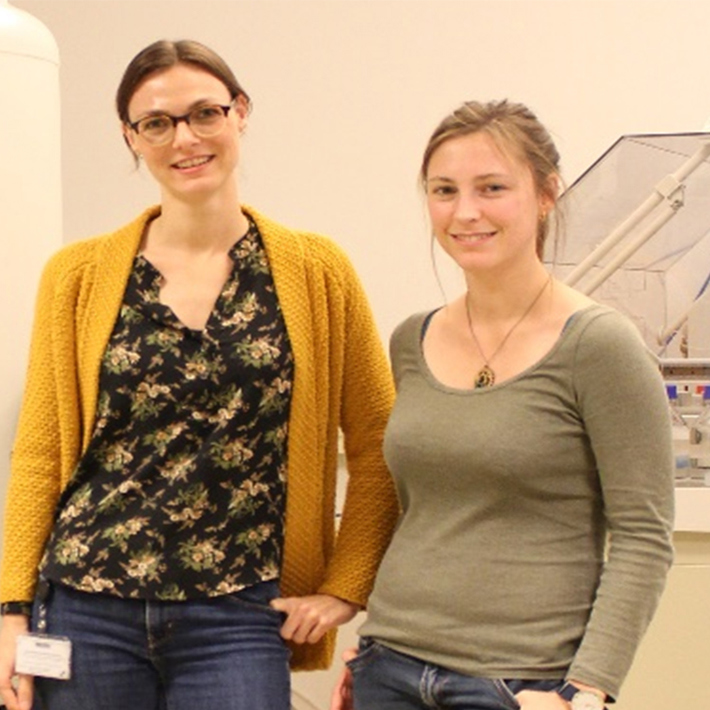Is repetitive exposure to Salmonella a risk factor for colon cancer?
&width=710&height=710)
Salmonella infections give rise to food-borne diseases in humans. The typhoidal Salmonella species - which causes typhoid fever - infects 10-20 million people annually, leading to approximately 130,000 deaths worldwide. Non-typhoidal Salmonella species infections are more common and less deadly, but result in an estimated 153 million cases of diarrhoea and vomiting, and 57,000 deaths across the globe every year.
Salmonella and cancer development
Typhoidal Salmonella infection has been previously linked to gallbladder cancer. This is because the bacteria enables a step in the multi-step process of cancer formation. Epidemiological studies have also related severe non-typhoidal Salmonella infections to an increased risk of colon cancer development.
Repetitive infections: one step closer towards cancer formation
Humans are frequently exposed to non-typhoidal Salmonella, primarily from livestock sources and via the consumption of their derived foods, such as eggs and meat. “While this type of infection will often go unnoticed by us, our immune system certainly recognises it! Our study investigated whether mild and unnoticed non-typhoidal Salmonella infections increase the risk of colon cancer. The rationale is that repetitive mild infections can increase the chance for a bacterium to enter and manipulate cells which have taken several steps towards the development of cancer, and are thus waiting for that additional ‘stride’ provided by Salmonella,” explains Virginie Stévenin, postdoctoral fellow at the Neefjes lab.
Research findings
The researchers evaluated more than one hundred human blood samples to determine the rate of undeclared infections by measuring antibody levels against non-typhoidal Salmonella. They found that individuals who had developed colon cancer had also been more frequently exposed to mild Salmonella infections. Besides, in mouse models, Salmonella could be detected in colon tumours after infection. “We also observed that multiple mild infections increased the rate of colon cancer growth. Furthermore, using a cell culture model, Salmonella was shown to more promptly infect cells that were on the way to becoming fully transformed cancer cells, further promoting cancer formation,” says Jacques (Sjaak) Neefjes, LUMC Professor.
A risk factor indeed
Jun Sun, Professor at the University of Illinois Chicago concludes: “These experiments suggest that non-typhoidal Salmonella can increase the risk of colon cancer by contributing towards one step in the multi-step process of cancer formation. As non-typhoidal Salmonella is widespread in livestock and our food, entirely avoiding such infections is difficult. However, exposure to the bacteria can be limited by good hygienic practices when handling and preparing aliments”.
Read the original paper on Cell Reports Medicine.
&width=710)
&width=710)